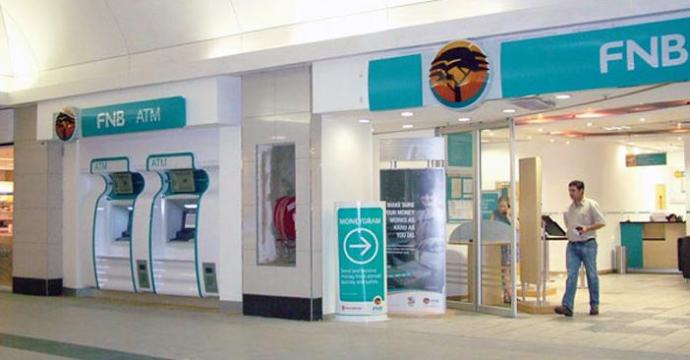South Africa Records Astonishing Rise in Contactless Payments
South Africa is leading the continent in contactless payments as more than 50% of FNB customers now tap to pay at the point of sale, marking an extraordinary rise in contactless payments since the Covid pandemic struck in 2020.
FNB said on Wednesday that the use of chip-and-Pin payments, where a customer inserts their bank card into a POS terminal, is declining rapidly.
“On credit cards and Fusion accounts, card swipes account for less than 1%, while contactless is more than 60% of all transactions,” the bank said.

“Consumers have shown a strong preference for contactless payments using their contactless-enabled cards or smart devices,” said FNB Card head of spend and customer value management Ashley Saffy in a statement.
Read also : Kenyan Fintech Kwara Raises $3M In Additional Seed Extension To Serve Credit Unions
“One of the key reasons is that contactless payments are more convenient and faster than swiping or inserting your card. They also provide a higher level of security, as they use near-field communication technology, which is less vulnerable to fraud than traditional contact-driven payment methods. Additionally, the Covid-19 pandemic accelerated the shift towards contactless payments, as they do not require physical contact between the customer and the POS.”
South Africans are not only using their contactless bank cards for payments, but also a wide range of digital card wallets, FNB said. These include FNB Pay, Apple Pay, Google Wallet, Samsung Pay, Fitbit Pay, Garmin Pay and Swatch Pay.
Kelechi Deca

Kelechi Deca has over two decades of media experience, he has traveled to over 77 countries reporting on multilateral development institutions, international business, trade, travels, culture, and diplomacy. He is also a petrol head with in-depth knowledge of automobiles and the auto industry



